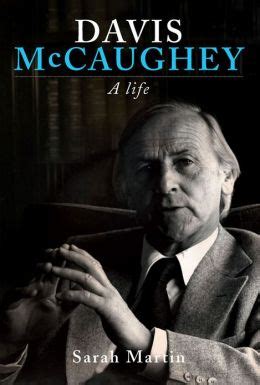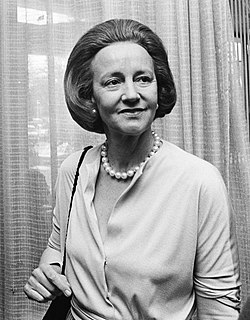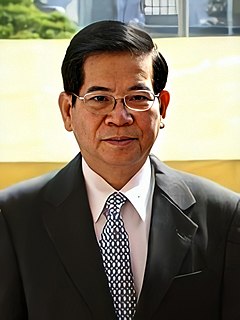A Quote by Jimmy Reid
Government by the people for the people becomes meaningless unless it includes major economic decision-making by the people for the people. This is not simply an economic matter. In essence it is an ethical and moral question, for whoever takes the important economic decisions in society ipso facto determines the social priorities of that society.
Related Quotes
Economic growth is the key to everything. But once you have economic growth, it is important that we reach out to people who live in the shadows, the people who don't seem to ever think that they get a fair deal. And that includes people in our minority community; that includes people who feel as though they don't have a chance to move up.
... what we should be looking for is fresh ideas of how we make moral decisions about our dealings with one another, economic, social, cultural. Economic determinism is an objectionable creed where men and women espouse it in its communist or capitalist form because it treats human beings as economic units and not as responsible persons.
None of us are rational economic men as we're supposed to be portrayed in economic theory where mixes of passions, of desires, of moral principles, of self-deception, of altruism, of concern of others, of concerns for ourselves and an interest in our bank accounts. And social policies have to be responsive to the complexity of who we are as people or else, like the war on drugs, they're simply going to fail.
When we talk about the word 'socialism,' I think what it really means is just democratic participation in our economic dignity and our economic, social, and racial dignity. It is about direct representation and people actually having power and stake over their economic and social wellness, at the end of the day.
If one is okay with police having guns - whoever is designated as having authority - but panicked at the thought of their fellow man or themselves having guns, then that is someone who does not think like a free person. He places a magical aura around whoever is in charge and only thinks they can wield power. This will come up again in other areas, such as letting government make economic decisions but fearing individual people making those decisions themselves.
We fought hard for socialism in a devastating war of independence and reunification. To build an affluent and prosperous society, we chose the path of a socialist market economy. We have achieved strong economic growth, and yet the sense of solidarity in our society has not been lost. This is very important to people.
In my estimation, there should always be a mixture of economic liberalism - which means small government, a great emphasis on markets - but also a certain degree of social conservatism, not to favor change unless that change is beneficial. So I describe myself as an economic liberal and a social conservative.





































